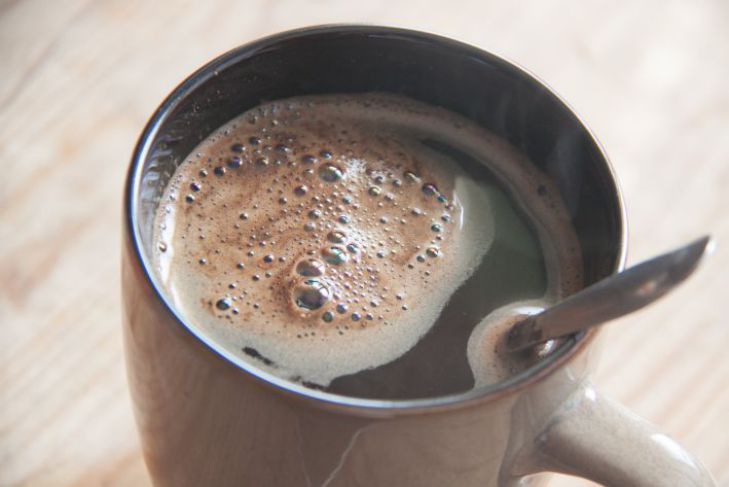What will happen to your body if you drink coffee often
The first thing in the morning is your alarm clock. You take out your phone, turn it off and head to the kitchen for your first cup of coffee.
This is certainly an important need that will help you get through the day ahead. Because you feel that you cannot cope otherwise.
Many people need to start their day with a cup of coffee. Some drink it even more than water.
One thing is certain - this drink is now enjoyed all over the world. Perhaps this phenomenon is becoming a global problem.
What is coffee made of? What makes us addicted to it?

It could be the taste, the texture, the variety of varieties. Or maybe our need is due to the caffeine it contains.
This chemical is found not only in our favorite daily drink, but also in many other products.
It is most often used to increase energy levels and mental performance - especially after a long sleep.
Caffeine works by stimulating the central nervous system and the centers that control blood pressure.
It may raise blood pressure, but it has less of an effect on people who drink coffee frequently.
Depending on the characteristics of the body, some people can drink more coffee than others without experiencing any negative side effects.
Research has shown that caffeine in moderate doses can be beneficial for improving mood, metabolism, and mental and physical performance.
For most healthy people, it is considered safe to consume up to 4,000 mg of caffeine, which is equivalent to about 4 cups of brewed coffee.
But there are also those who, at the end of the day, reach for their sixth or seventh serving.
Too much caffeine in the body can cause numerous side effects.
Let's list 4 main ones.
1. Anxiety
Caffeine helps boost your mental performance by triggering an adrenaline response associated with increased energy. One too many cups of coffee can leave you feeling jittery and anxious.
2. Digestive problems
Many of you already know that your morning cup of coffee can end in a trip to the toilet.
Moderate consumption of this drink will help improve gut health. But in large doses, it can cause abdominal pain and gastric reflux.
3. Insomnia
A popular reason for drinking caffeine is to wake up and feel energized.
However, when it comes to falling asleep, it can cause a lot of problems: falling asleep too late, restless sleep, and starting a new cycle of its use the next day. The result is a vicious circle that can be very difficult to break.
The amount of caffeine our bodies can handle affects the quality of our sleep.
To avoid such problems, drink your last cup of coffee in the middle of the day, not late in the evening.
4. Dependence
A daily cup of coffee can form a bad habit. In just 18 days, "one coffee" a day can become part of your routine.
Caffeine can make you feel nervous and anxious when you don't drink coffee.
Once the body becomes accustomed to a daily dose of this drink, stopping it can cause withdrawal symptoms, accompanied by increased headaches and fatigue.
In conclusion, I would like to say that coffee will always be a tasty and invigorating drink, but it will be great if you learn to drink it in moderation.
